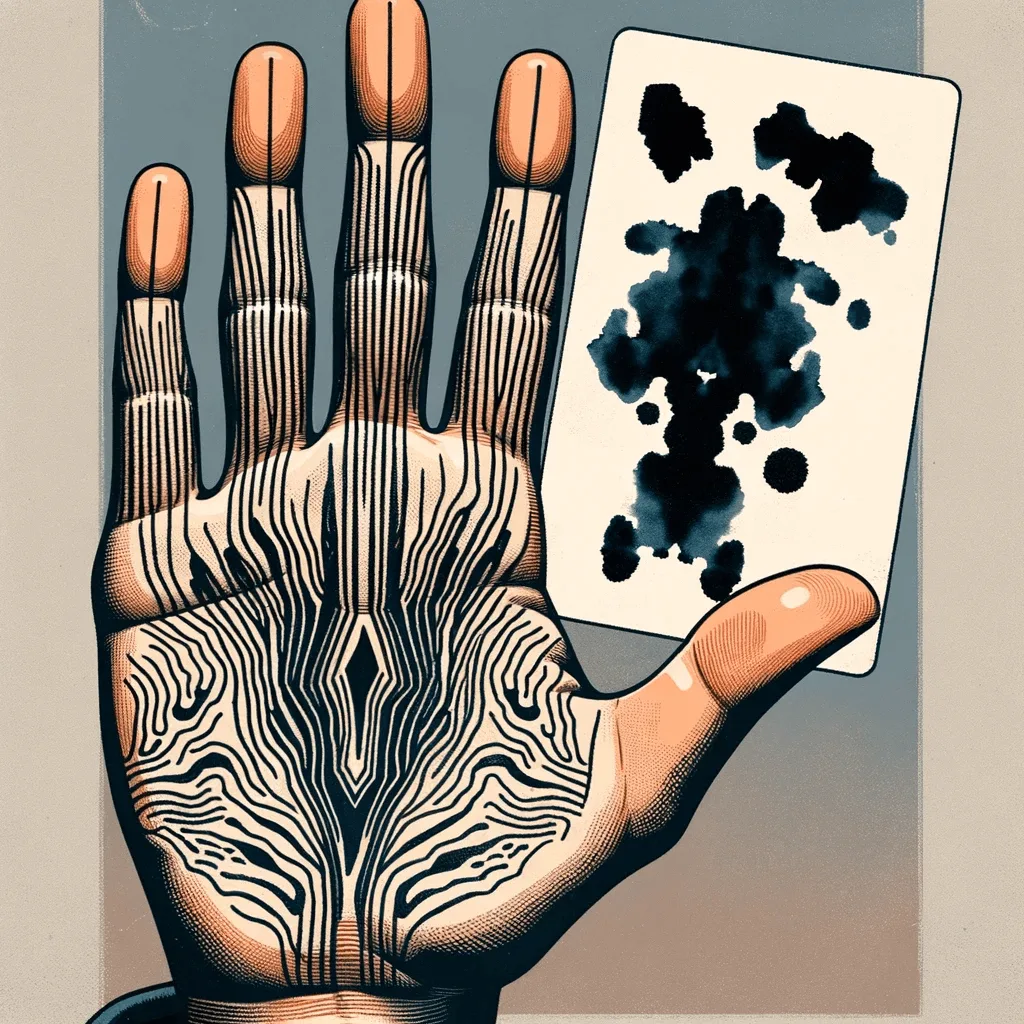
Palmistry & Modern Psychological Analyses
Can the lines on our hands offer a glimpse into our psyche? This article delves into the integration of palmistry into modern psychological techniques.
article by Nora Pennington
Understanding The Basics Of Palmistry
Before discussing the synthesis, understanding the foundations of palmistry is essential. For millennia, seers and scholars have believed that our hands, particularly our palms, are mirrors to our personalities, destinies, and inner conflicts. Every line, mound, and finger holds significance, each telling its unique story.
The Psychological Connection
Today's psychologists often use varied techniques to understand an individual's personality, emotional state, and potential mental challenges. Tools like personality tests, dream analysis, and cognitive behavior assessments are common. However, some therapists are beginning to see value in understanding a person's natural inclinations through their palm.

Palmistry: A Reflective Tool
Just as a Rorschach inkblot test might reveal subconscious thoughts, the lines and mounds of our palms can also indicate certain personality traits. A long, deep heart line, for instance, might denote a person who is deeply emotional and intuitive, providing psychologists insights into their emotional handling.
Modern Case Studies & Observations
Several modern therapists have begun integrating palmistry into their sessions. By comparing their findings with traditional psychological assessments, intriguing parallels are often found. While not entirely definitive, these sessions often provide supplementary insights that might not be immediately evident in standard evaluations.
Palm Lines & Cognitive Abilities
The head line, traditionally interpreted as an indicator of a person's intellectual capacities and their approach to learning, can be aligned with cognitive psychological analysis. For instance, a fragmented head line might indicate a person prone to distraction or varied thought processes.

Challenges & Critiques
It's essential to note that while this integration shows promise, it isn't universally accepted. Critics argue that the lines on our palms can change over time, and basing psychological analysis on them can be ephemeral. However, advocates argue that just as our minds and emotions evolve, so do our palm lines, reflecting our ever-changing psychological state.
The Future Of Palmistry In Psychology
The fusion of palmistry and psychology is still in its nascent stages. Yet, its potential is undeniable. As psychologists continue to seek holistic methods to understand human behavior, palmistry's ancient wisdom might provide the complementary tool they've been searching for.

Marrying the mysticism of palmistry with the empirical nature of psychology might seem ambitious. However, the preliminary success stories suggest a bright future. As with all therapeutic techniques, its efficacy will vary from individual to individual. Yet, in a world that increasingly seeks personalized solutions, the tailored insights offered by this fusion are undeniably intriguing.
Published: 11/3/2023
Modified: 11/3/2023
More predictions
Come back here soon to learn more about yourself and your future





